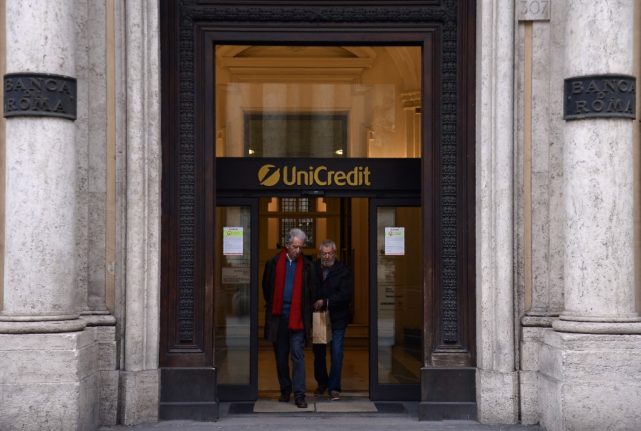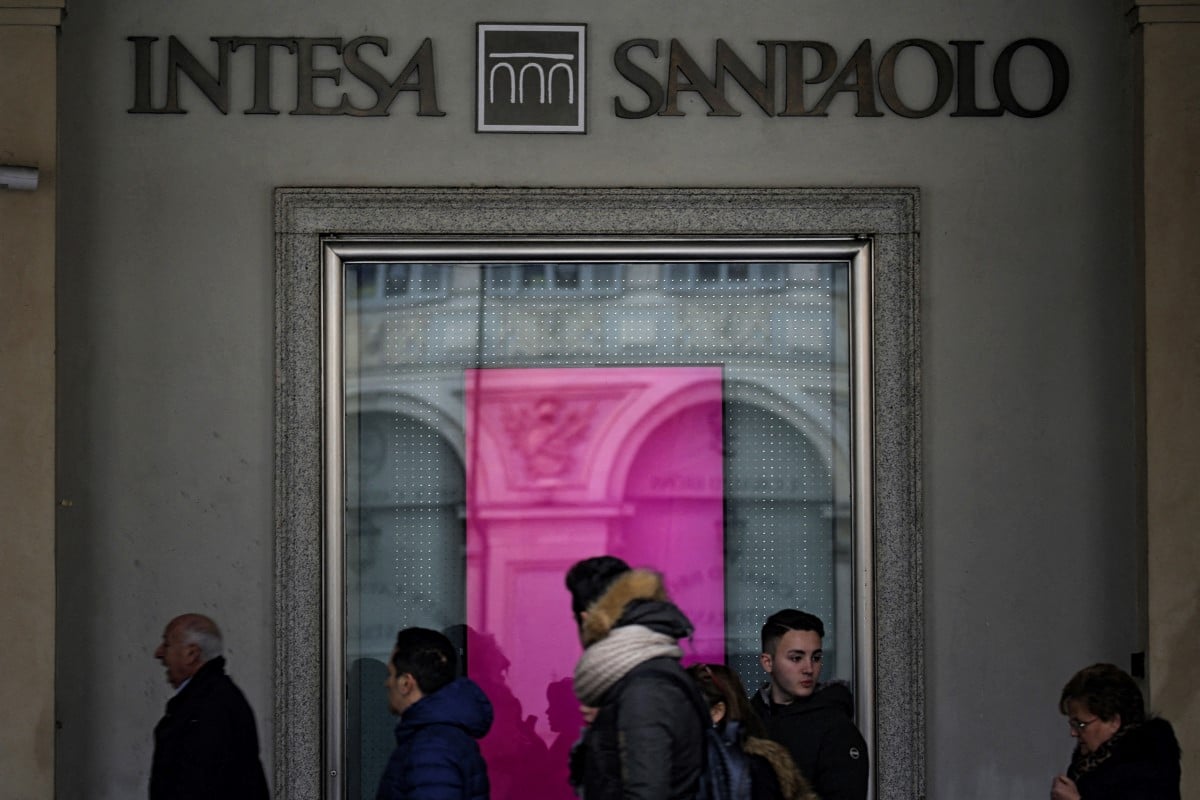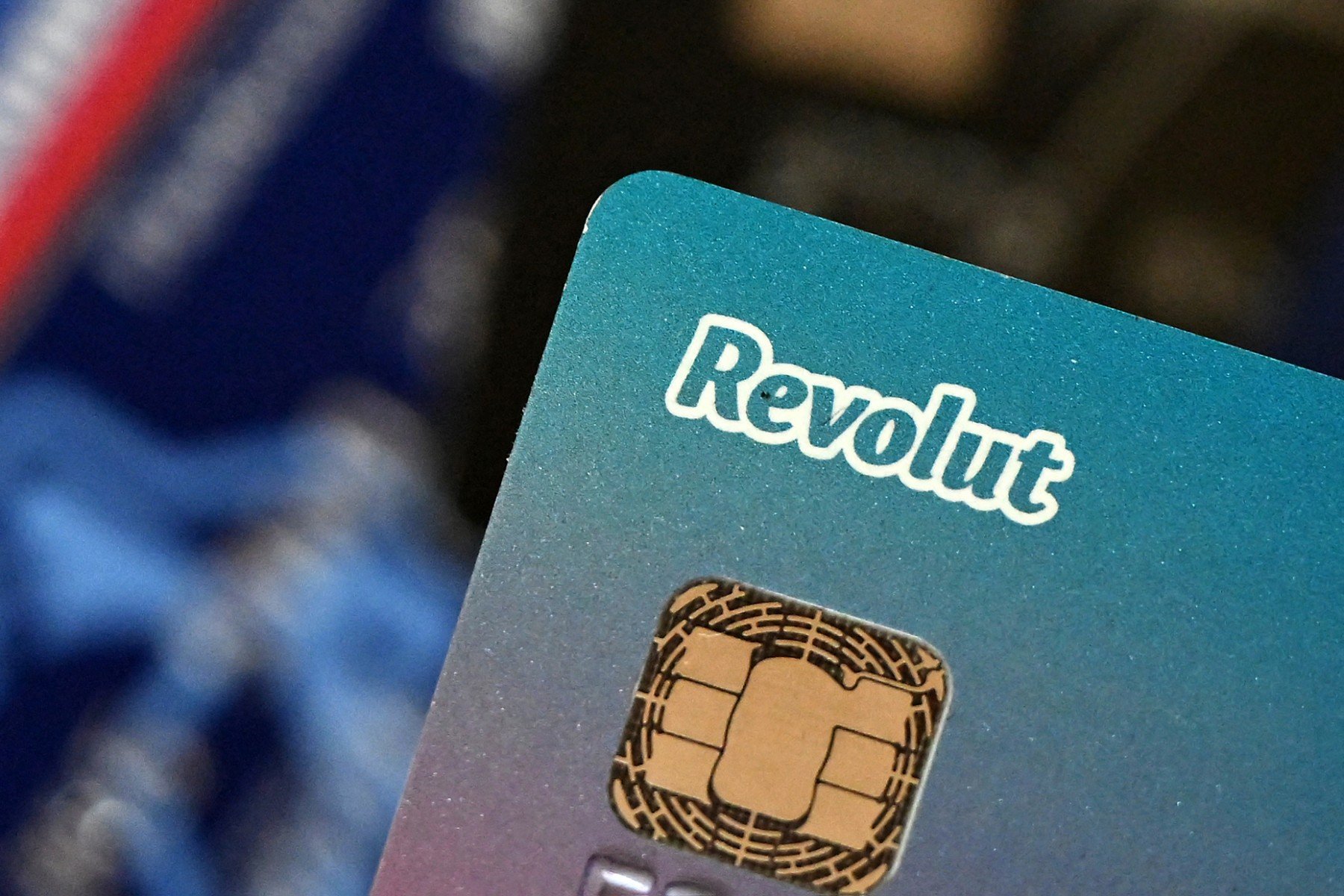Public prosecutors in Naples said on Wednesday that three men were seized along with a haul of fake notes, in denominations of €20, €50 and €100, which had a nominal value of €6.5 million.
The bills were being cranked out by “sophisticated machines and state-of-the-art technology” in an apartment in Casavatore, in the northern suburbs of Naples, the prosecutor's office said in a statement.
It is believed to be the first time in Europe that police have seized a counterfeit setup targeting the new €20 note, it said.
The €20 note was introduced by the European Central Bank (ECB) only last November, boasting an array of “feel, look, tilt” defences designed to thwart forgers.
Features include a “portrait window” that becomes visible on both sides when the note is held against the light, and symbols that become visible or change colour in ultra-violet light, the ECB says on its website.





 Please whitelist us to continue reading.
Please whitelist us to continue reading.
Member comments